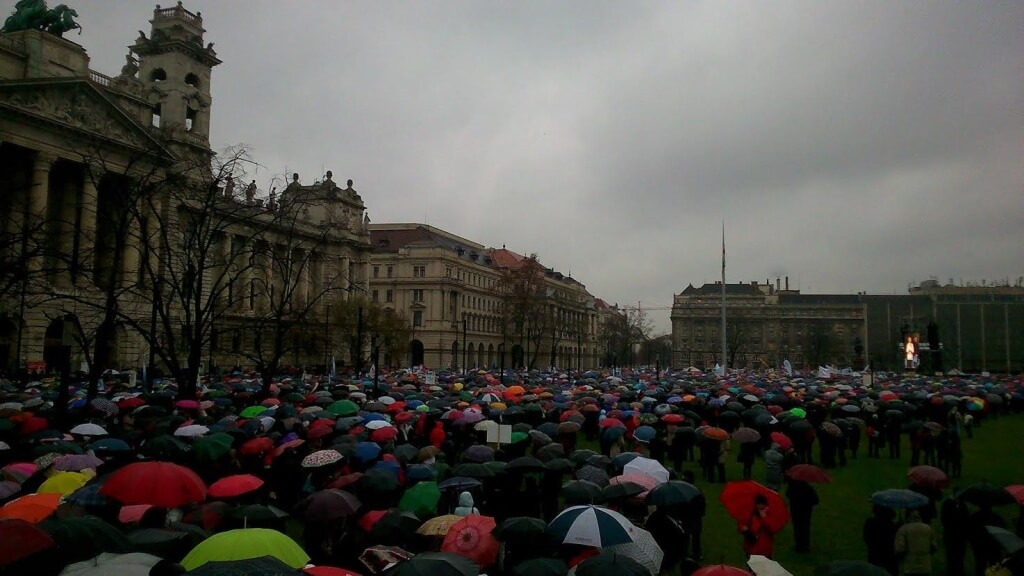POLITHEOR
European Policy Network
Op-ed
- Home
- Op-ed
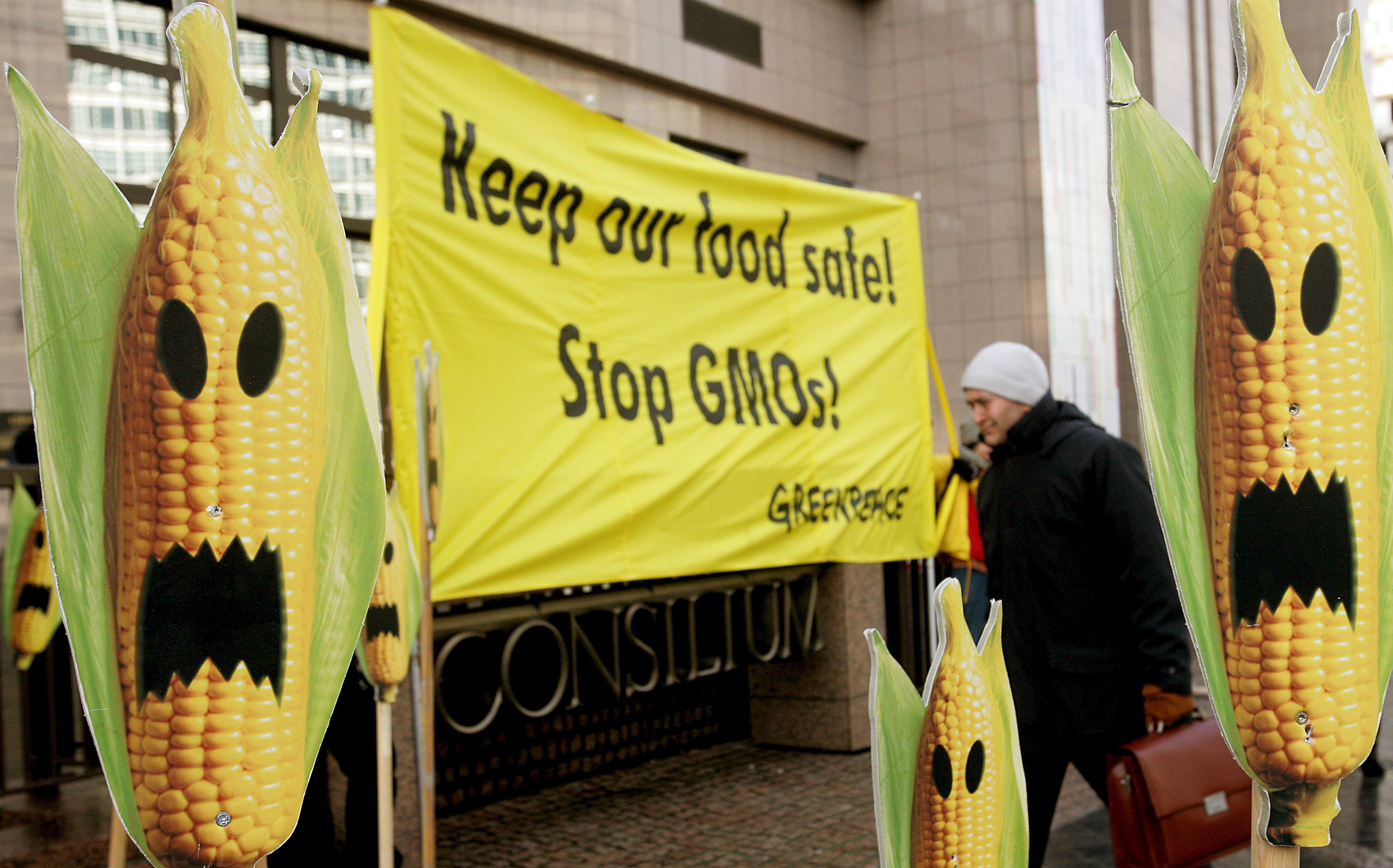
The ethics of NGOs and what happens when it fails2
- Environment and Energy, Op-ed
- 22/07/2016
Big non-governmental organisations (NGOs) like Greenpeace can have enormous impact on people’s perceptions of environmental issues. Their campaign against genetically modified foods is a good example. However, when they use that influence to further their own agenda, rather than the public good, it can have very serious consequences.
READ MORE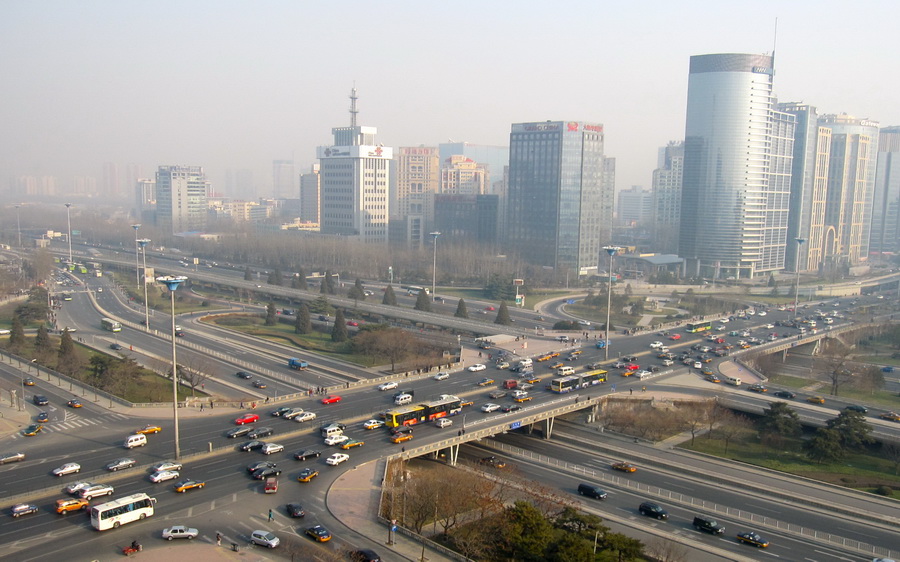
City-led climate change mitigation: persisting inequalities0
- Environment and Energy, Op-ed
- 22/07/2016
The role of cities in efforts for global emission reductions are high on the global agenda. However, the reality of the funding gap between the demand for investment from cities in the developing world, and the capacity to mobilise funds, brings to the fore the stark inequalities that endure between developed and developing states.
READ MORE
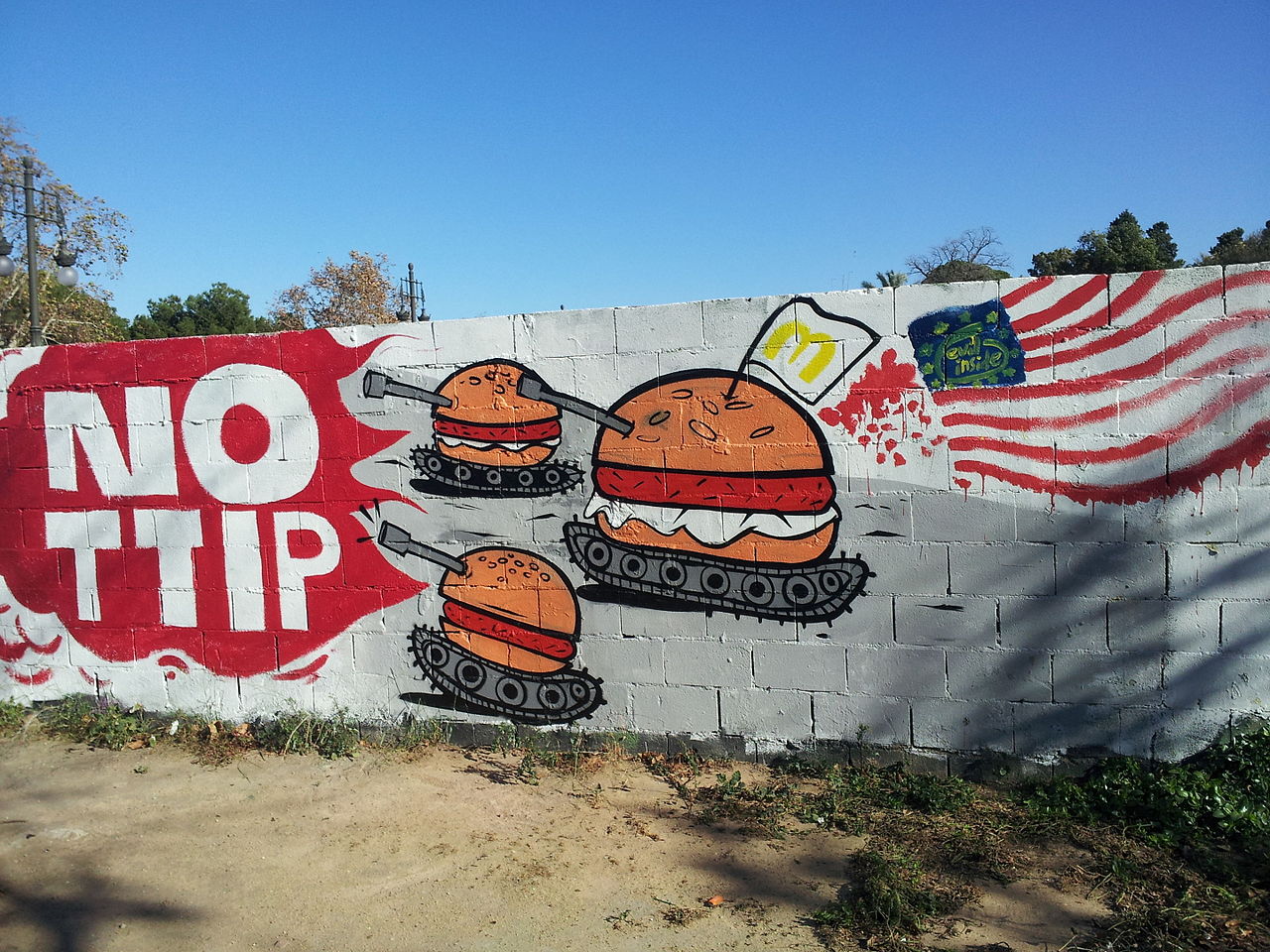
Corruption and corporatism – is TTIP still desirable for the EU?2
- EU Governance and Politics, International Trade, Op-ed
- 19/07/2016
Experiencing a period of economic stagnation, the European Union (EU) has started to look for different ways to enhance its economic growth rates. One solution is represented by the Transatlantic Trade and Investment Partnership (TTIP). However, this solution is also one of the most debated issues within the circles of economists due to economic and social costs at stake. Among these costs, the issues of corruption and corporatism should not be neglected. Although they do not make the TTIP-related headlines, these issues are very important because they could minimize and even overcome the positive effects of trade liberalisation.
READ MORE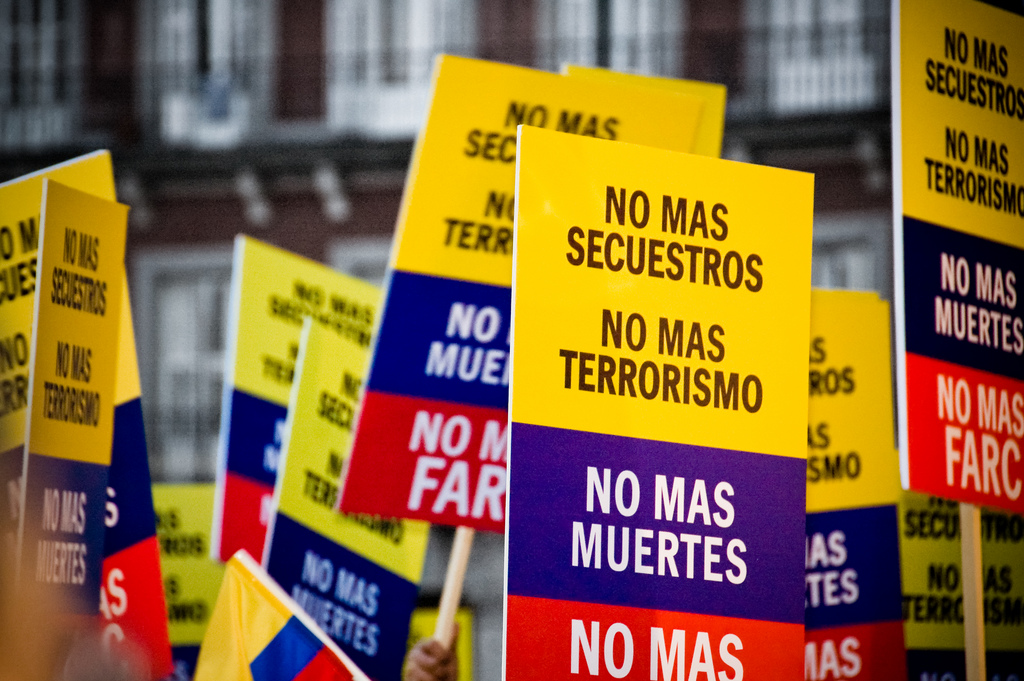
Goodbye, FARC? How to end the world’s longest civil war0
- International Relations and Global Affairs, Op-ed
- 18/07/2016
On the 23rd of June the Colombian government finally concluded a peace agreement with the FARC (Revolutionary Armed Forces of Colombia). Commentators quickly labelled it a historic moment, which potentially ends the world’s longest insurgency. Signing a peace agreement is, however, one thing, effectively demobilizing fighters and reintegrating FARC-controlled territory another. How should Colombia, and the international community, tackle these problems? How can we end a conflict that left more than 220,000 dead?
READ MORE
